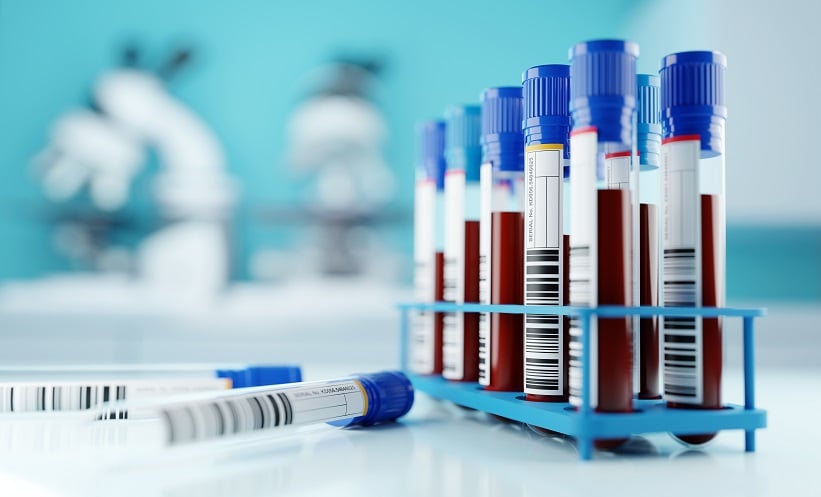A new analysis of data from the COMBI-AD clinical trial reveals that measuring circulating tumour DNA (ctDNA) in blood can help predict recurrence and survival outcomes in patients with resected stage III melanoma. The study highlights ctDNA as a powerful biomarker for identifying patients at high risk of disease recurrence during adjuvant therapy or placebo treatment.
Researchers evaluated 597 patients from the COMBI-AD phase 3 trial, which compared a combination of dabrafenib and trametinib to placebo in patients with BRAFV600-mutant melanoma. ctDNA was detectable in 13% of baseline plasma samples, and its presence was strongly associated with shorter recurrence-free and overall survival in both treatment and placebo groups.
Patients with detectable ctDNA before starting treatment had a significantly higher risk of recurrence. In the placebo group, median recurrence-free survival dropped from 24.4 months to just 3.7 months for those with positive ctDNA. Similarly, in the treatment group, survival fell from 68.1 months to 16.6 months. ctDNA detection also outperformed traditional markers such as interferon gamma gene expression and tumour mutational burden in predicting outcomes.
Longitudinal analysis further showed that patients whose ctDNA remained or became detectable after treatment had much worse outcomes, with median recurrence-free survival as low as 5.3 months.
The findings suggest ctDNA testing could become a valuable tool for guiding melanoma treatment strategies. Researchers are calling for further studies to explore how ctDNA monitoring might personalise therapy and improve long-term outcomes.
Reference
Syeda MM et al. Clinical validation of droplet digital PCR assays in detecting BRAFV600-mutant circulating tumour DNA as a prognostic biomarker in patients with resected stage III melanoma receiving adjuvant therapy (COMBI-AD): a biomarker analysis from a double-blind, randomised phase 3 trial. Lancet Oncol. 2025 May;26(5):641-53.








